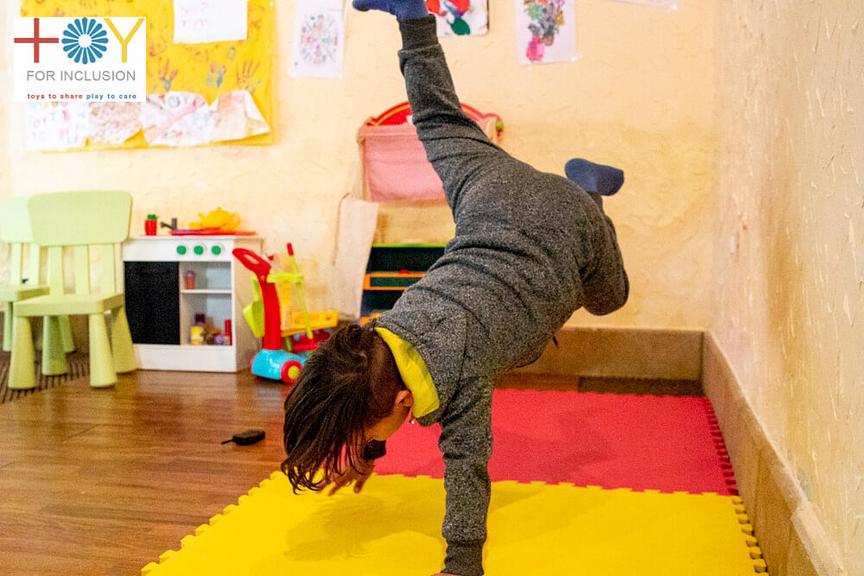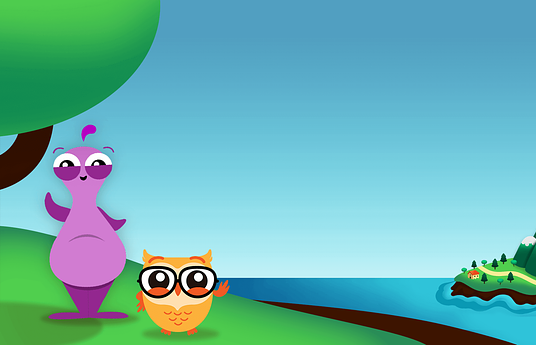What we do?
TOY for Inclusion aims to improve the transition experience of vulnerable young children (0-10), and especially those with a Roma, minority, refugee or migrant background, to schools. It does so by creating community-based Early Childhood Education and Care (ECEC) Play Hubs, where relationships between young children and families from different backgrounds are built. They are located in areas that are reachable for all families, often where no ECEC services exist, and are designed and run by multi-sectoral teams composed of representatives of communities, school and preschool teachers, health services, parents and local authorities (Local Action Team).
The TOY for Inclusion Play Hubs organize play-based activities designed to help children develop the necessary skills and knowledge for formal education. The Local Action Teams, responsible for each Play Hub, mobilize local communities around young children. Activities can take place in the Hubs but also in other settings in the communities, such as community centers, libraries, parks, squares, preschools, health centers.
The Play Hubs also function as parenting support hub where parents and grandparents can visit with their young children/grandchildren to borrow toys and books, and at the same time, learn about how play supports children’s learning development and access information about other child- and family-focused services and events in the community. Play Hubs are aimed to serve as centers for the community and reach beyond education and care, primarily by offering space for activities dealing with health, nutrition, etc.
Why we do it?
High-quality Early Childhood Education and Care (ECEC) is an essential foundation for all children’s successful lifelong learning, social integration, and later employability. Disparities in access to quality education and increasing segregation in schools start at a young age. By creating inclusive non-formal ECEC services and by supporting practitioners from different sectors to work collaboratively to ensure positive transitions, TOY for Inclusion becomes the gateway to education and care for many disadvantaged children and families in Europe.
Results
So far, 37 Play Hubs and 3 Mobile Play Hubs have been opened in 9 European countries. Between 2018 and 2023, more than 40.000 children, 15.000 adults and 2.500 practitioners participated in the activities in the Play Hubs. Approximately 30% of the children, adults and practitioners came from vulnerable groups: migrants, refugees, Roma, low income or special needs.
Results:
• Increased access of vulnerable children (0-6) to inclusive and quality ECEC settings and improved transition experience to school
• Increased knowledge and skills of practitioners and local policymakers to work together with and for all children and families
• TOY for Inclusion approach embedded in local educational policies.
• Improved parental skills and increased trust of vulnerable communities in the local services
• Increased trust between families of different cultural and ethnic backgrounds.
• Ongoing learning, social and emotional support for 6 to 10 year-old children during out of school hours
www.toy4inclusion.eu
TOY for Inclusion is coordinated by International Child Development Initiatives – ICDI (NL), in a collaborative initiative in the International Step-by-Step Association Network– ISSA (NL). This included the following ISSA members: Developmental Research Center for Pedagogical Initiatives Step by Step – DRCPI SBS (Slovenia), Open Academy Step by Step – OASBS (Croatia), Centre for Education Initiatives – CEI (Latvia), Wide Open School – WOS (Slovakia), Centre for Innovation in the Early Years – VBJK (Belgium), Associazione 21 Luglio (Italy) and Partners Hungary Foundation (Hungary).



